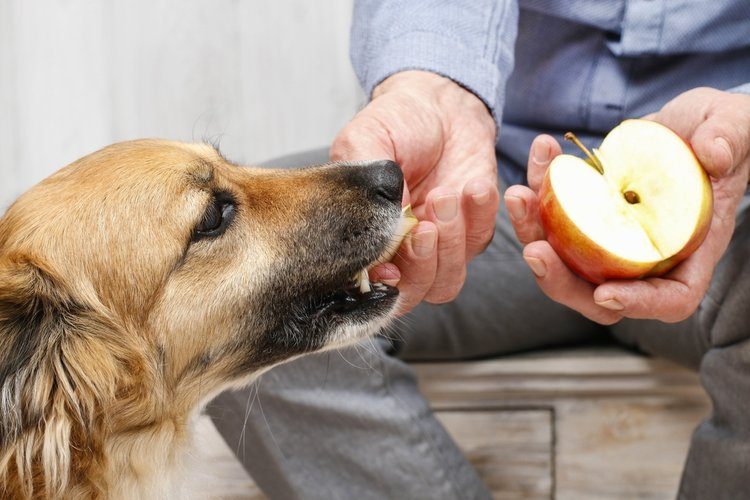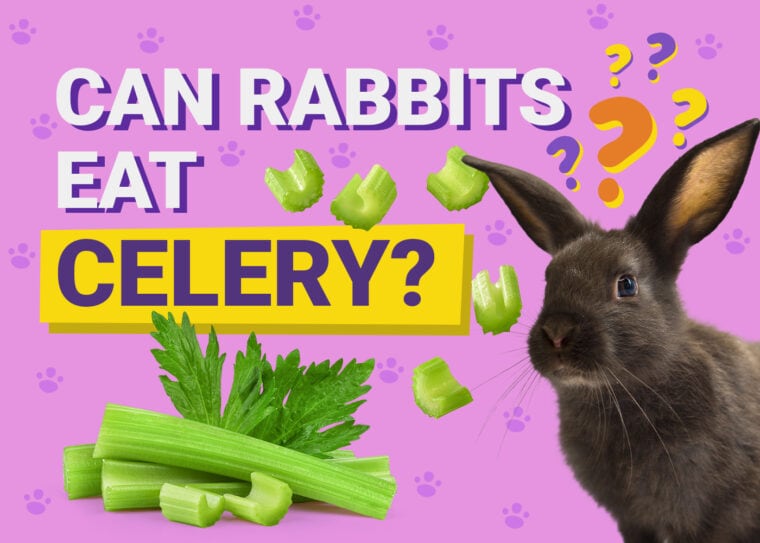
Click to Skip Ahead
Rabbits love fresh vegetables, but that doesn’t mean you should pull everything from the vegetable aisle and feed it to your rabbit. But if you’re thinking about feeding them some celery, generally, it’s a great idea to give your rabbit celery and gives them tons of necessary nutrients.
But why is celery good for rabbits, and is there anything else you need to know before giving it to them? This guide will highlight all that before breaking down everything you need to know about the ideal rabbit diet.
Benefits of Celery for Rabbits
If you’re thinking about feeding your rabbit some celery, it’s a good choice! Whether you’re thinking about the leaves or the stalk, it’s all safe for rabbits to eat. Just ensure you thoroughly wash it first so that you’re not accidentally feeding them pesticides or other harmful things. It’s also a good idea to cut the stalks down into smaller pieces, as long celery strings can cause digestive problems.
Many rabbits love the crunchy texture of celery stalks, and it can help wear down their constantly growing teeth. Celery contains beneficial nutrients and antioxidants, including fiber and vitamins C, A , B6 and B12. The stalks have a high water content and so can help keep your rabbit hydrated, although feeding too much can lead to digestive upset.
Celery leaves are more nutritious for rabbits than the stalks themselves and can be offered as a regular part of the leafy greens portion of a rabbit’s diet. While celery should not be the only vegetable you offer, it’s a good option alongside a mixture of other leafy greens. Variety is important!
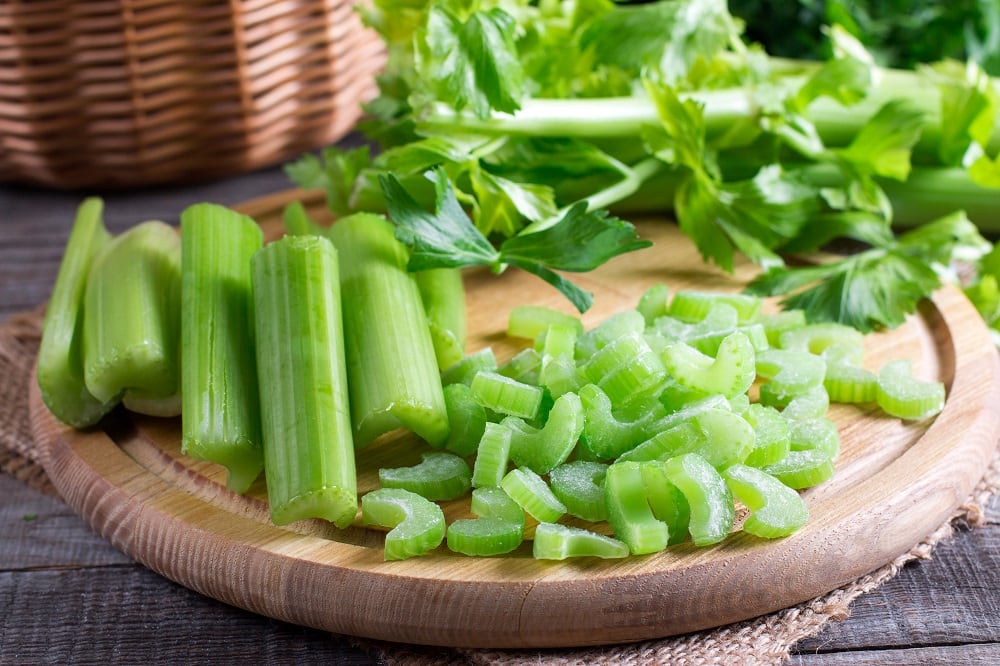
 The Ideal Rabbit Diet
The Ideal Rabbit Diet
Feeding the correct diet to rabbits is fundamental to their health, particularly of their teeth and digestive system. Many common conditions can be prevented by feeding an appropriate diet. Rabbits are herbivores and in the wild they would mainly eat grass, grazing for up to 6-8 hours a day. With that in mind, we’ve highlighted the ideal daily diet for a pet rabbit here:
Constant Access to Fresh Water
No matter what you feed your rabbit, ensure they have access to fresh, clean water whenever they want it. Make sure it doesn’t freeze in winter and is kept algae-free in summer.
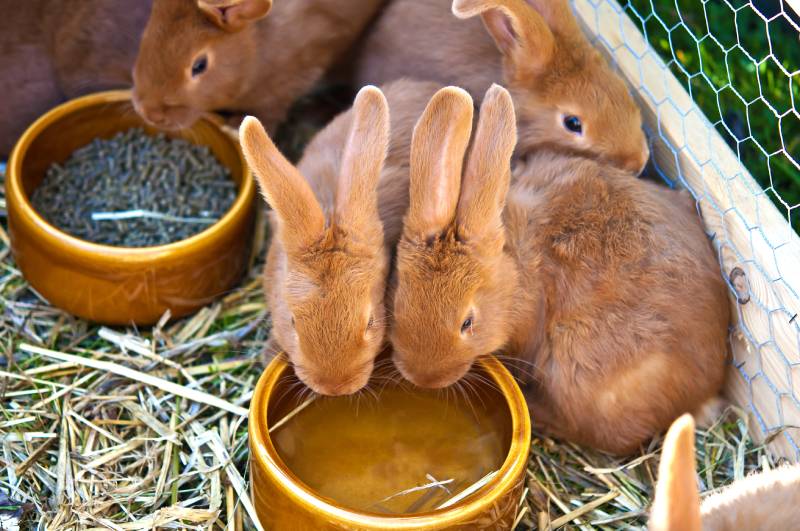
Daily Access to Hay and Grass
About 75-85% of your rabbit’s diet should consist of high-quality fresh hay and grass, and they should have constant access to it. Hay and grass contain the fiber your rabbit’s digestive tract needs and it helps them wear down their teeth. You’ll usually find them munching on the stuff throughout the day.
Leafy Greens
You need to give your rabbit plenty of leafy greens, and you should give them a variety of five or six different types to help ensure they get all the different nutrients they need. Common leafy greens your rabbits love and are good for them include spring greens, watercress, parsley, and dandelion greens. Wash all vegetables before offering them to your bunny.
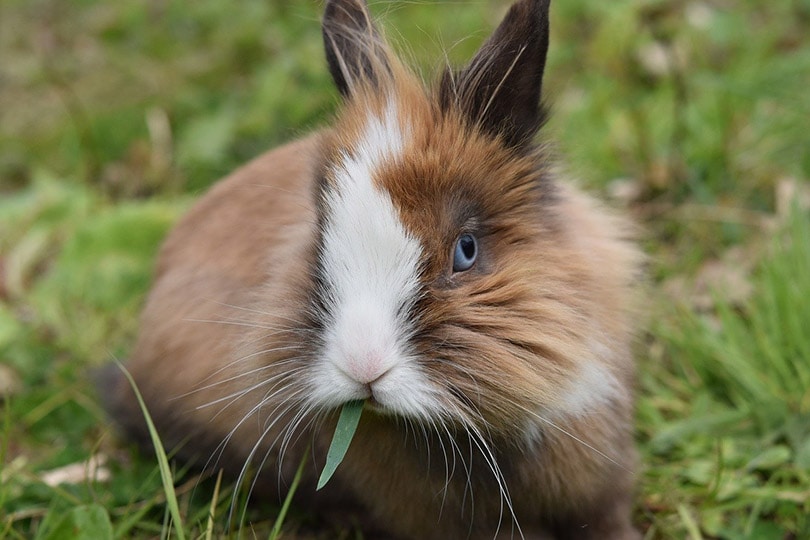
Rabbit Pellets
Rabbits should have a small amount of high-quality rabbit pellets each day. This should only account for about 5% of their total diet. For most rabbits that is approximately 1 tablespoon of pellets a day. Always double-check the recommended guidelines on the pellet product you’re feeding your rabbit.
Healthy Treats
Once your rabbit eats their daily dosage of leafy greens, rabbit pellets, and hay, there’s nothing wrong with giving them an occasional treat. It’s best to avoid commercial rabbit treats as they are often very high in sugar, but other veggies, herbs, and small amounts of fruit can be given.
Some safe treats include apples (not the seeds), carrots, squash, and berries. Don’t overdo the treats though, no matter how much your bunny enjoys them! Avoid them entirely in overweight rabbits.
Final Thoughts
If you’re considering adding celery to your rabbit’s diet, there’s no reason you shouldn’t! As with any new vegetable, introduce it gradually so you don’t upset their stomach.
Give your rabbit a good variety of fresh vegetables, and if you have any questions, you should reach out to a vet, as they’ll help you come up with a great dietary plan for your rabbit.





